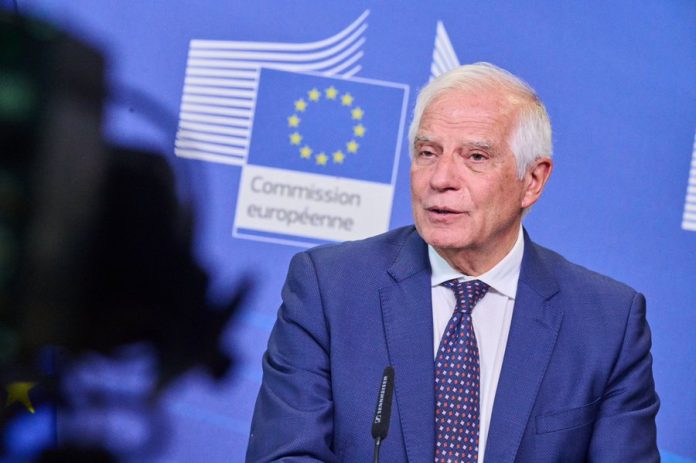The rise of actions of jihadist groups and the critical situation of military juntas and dictatorships created in the Sahel and Guinea Gulf area represent new challenges for the EU policy in Africa.
It appears that Gabon has become part of the new environment of instability, as senior Gabonese military officers appeared on national television in the early hours of Wednesday. They announced they had taken control after the state election body declared President Ali Bongo the winner of his third term.
Reports suggest that the soldiers have declared the nullification of election results and shut down all borders until further notice. Additionally, state institutions have been dissolved. However, no information is available regarding President Ali Bongo’s whereabouts. The recent presidential, parliamentary, and legislative elections in Gabon saw Bongo and opposition leader Ondo Ossa competing against 12 other candidates for the top position. Bongo took on the presidency of the oil-rich West African state in 2009, following the death of his father, Omar Bongo Ondimba, who had governed Gabon for 41 years.
“If this is confirmed, it is another military coup which increases instability in the whole region,” said High Representative/Vice President Josep Borrell, speaking at a meeting of EU defence ministers in Toledo, Spain.
Foreign policy chief Josep Borrell announced that European Union defence ministers would discuss the situation in Gabon. He added that confirmation of a coup would increase instability in the region.
“The whole area, starting with Central African Republic, then Mali, then Burkina Faso, now Niger, maybe Gabon, it’s in a very difficult situation and certainly the ministers … have to have a deep thought on what is going on there and how we can improve our policy in respect with these countries,” Borrell said.

